All Courses
All Courses

Course • Biology • 2 lectures
Genetic Modification – Edexcel GCSE (1SC0): Combined Science (Higher Tier)
Dr Matthew Ivory, Cardiff University 2 Lessons
2 Lessons
Genetic Modification – Edexcel GCSE (1SC0): Combined Science (Higher Tier)
Dr Matthew IvoryCardiff University
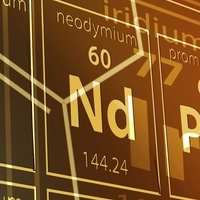
Course • Chemistry • 4 lectures
The Periodic Table and Periodicity - AQA GCSE (8462)
Dr Nick Chatterton, Birkbeck College, London 4 Lessons
4 Lessons
The Periodic Table and Periodicity - AQA GCSE (8462)
Dr Nick ChattertonBirkbeck College, London
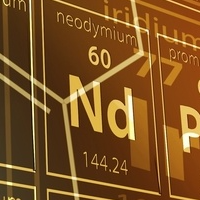
Course • Chemistry • 4 lectures
The Periodic Table and Periodicity - Edexcel GCSE (1CH0)
Dr Nick Chatterton, Birkbeck College, London 4 Lessons
4 Lessons
The Periodic Table and Periodicity - Edexcel GCSE (1CH0)
Dr Nick ChattertonBirkbeck College, London

Course • English Literature • Classics & Ancient History • 6 lectures
Classical Rhetoric
Dr Henriette van der Blom, Birmingham University 6 Lessons
6 Lessons
Classical Rhetoric
Dr Henriette van der BlomBirmingham University
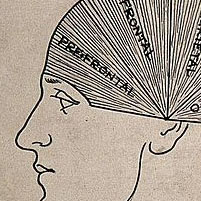
Course • Biology • 5 lectures
The Nervous System & The Brain – Edexcel GCSE (1BI0): Higher Tier
Dr Matthew Ivory, Cardiff University 5 Lessons
5 Lessons
The Nervous System & The Brain – Edexcel GCSE (1BI0): Higher Tier
Dr Matthew IvoryCardiff University
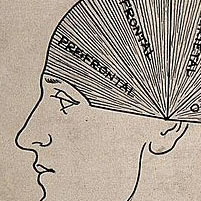
Course • Biology • 3 lectures
The Nervous System & The Brain – Edexcel GCSE (1SC0): Combined Science
Dr Matthew Ivory, Cardiff University 3 Lessons
3 Lessons
The Nervous System & The Brain – Edexcel GCSE (1SC0): Combined Science
Dr Matthew IvoryCardiff University
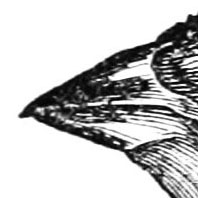
Course • Biology • 3 lectures
Natural Selection – Edexcel GCSE (1SC0): Combined Science
Dr Matthew Ivory, Cardiff University 3 Lessons
3 Lessons
Natural Selection – Edexcel GCSE (1SC0): Combined Science
Dr Matthew IvoryCardiff University
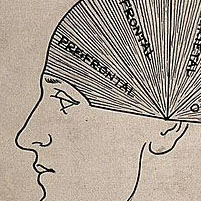
Course • Biology • 4 lectures
The Nervous System & The Brain – Edexcel GCSE (1BI0): Foundation Tier
Dr Matthew Ivory, Cardiff University 4 Lessons
4 Lessons
The Nervous System & The Brain – Edexcel GCSE (1BI0): Foundation Tier
Dr Matthew IvoryCardiff University
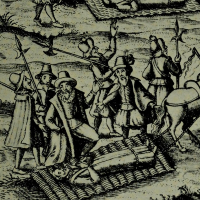
Course • History • 6 lectures
The Tudors – The Western Rising, 1549
Prof. Mark Stoyle, Southampton University 6 Lessons
6 Lessons
The Tudors – The Western Rising, 1549
Prof. Mark StoyleSouthampton University
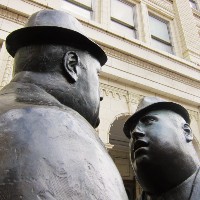
Course • English Language • 6 lectures
Pragmatics
Prof. Billy Clark, Northumbria University 6 Lessons
6 Lessons
Pragmatics
Prof. Billy ClarkNorthumbria University
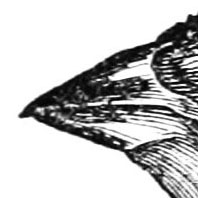
Course • Biology • 3 lectures
Natural Selection – Edexcel GCSE (1BI0): Foundation Tier
Dr Matthew Ivory, Cardiff University 3 Lessons
3 Lessons
Natural Selection – Edexcel GCSE (1BI0): Foundation Tier
Dr Matthew IvoryCardiff University

Course • History • 5 lectures
Italy – Fascism, 1911-48
Prof. Guido Bonsaver, University of Oxford 5 Lessons
5 Lessons
Italy – Fascism, 1911-48
Prof. Guido BonsaverUniversity of Oxford

Course • Biology • 6 lectures
Plant Structure and Function – Edexcel GCSE (1SC0): Combined Science
Dr Matthew Ivory, Cardiff University 6 Lessons
6 Lessons
Plant Structure and Function – Edexcel GCSE (1SC0): Combined Science
Dr Matthew IvoryCardiff University

Course • Chemistry • 3 lectures
Practical Chemistry Experiments - AQA GCSE (8462)
Dr Nick Chatterton, Birkbeck College, London 3 Lessons
3 Lessons
Practical Chemistry Experiments - AQA GCSE (8462)
Dr Nick ChattertonBirkbeck College, London

Course • Chemistry • 3 lectures
Practical Chemistry Experiments - Edexcel GCSE (1CH0)
Dr Nick Chatterton, Birkbeck College, London 3 Lessons
3 Lessons
Practical Chemistry Experiments - Edexcel GCSE (1CH0)
Dr Nick ChattertonBirkbeck College, London
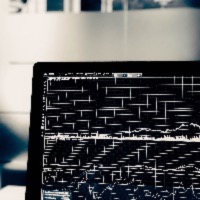
Course • Psychology • 5 lectures
Statistics for Psychologists – Analysis of Variance (ANOVA)
Dr Andrew Bell, King's College London 5 Lessons
5 Lessons
Statistics for Psychologists – Analysis of Variance (ANOVA)
Dr Andrew BellKing's College London

Course • Chemistry • 3 lectures
Practical Chemistry Experiments - OCR GCSE (J248)
Dr Nick Chatterton, Birkbeck College, London 3 Lessons
3 Lessons
Practical Chemistry Experiments - OCR GCSE (J248)
Dr Nick ChattertonBirkbeck College, London

Course • Biology • 4 lectures
Homeostasis – Edexcel GCSE (1BI0): Higher Tier
Dr Matthew Ivory, Cardiff University 4 Lessons
4 Lessons
Homeostasis – Edexcel GCSE (1BI0): Higher Tier
Dr Matthew IvoryCardiff University

Course • Mathematics • 7 lectures
Algebra and Functions I – AQA (7357)
Dr Niki Kalaydzhieva, UCL 7 Lessons
7 Lessons
Algebra and Functions I – AQA (7357)
Dr Niki KalaydzhievaUCL

Course • Biology • 4 lectures
Homeostasis – Edexcel GCSE (1BI0): Foundation Tier
Dr Matthew Ivory, Cardiff University 4 Lessons
4 Lessons
Homeostasis – Edexcel GCSE (1BI0): Foundation Tier
Dr Matthew IvoryCardiff University

Course • Mathematics • 7 lectures
Algebra and Functions I – OCR (H240)
Dr Niki Kalaydzhieva, UCL 7 Lessons
7 Lessons
Algebra and Functions I – OCR (H240)
Dr Niki KalaydzhievaUCL

Course • Mathematics • 5 lectures
Ratio, Proportion, and Rates of Change IV – Edexcel GCSE (1MA1): Higher Tier
Dr Thomas Woolley, Cardiff University 5 Lessons
5 Lessons
Ratio, Proportion, and Rates of Change IV – Edexcel GCSE (1MA1): Higher Tier
Dr Thomas WoolleyCardiff University
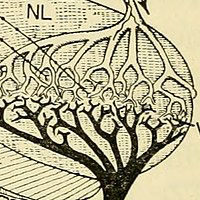
Course • Biology • 3 lectures
Animal Coordination and Control – Edexcel GCSE (1BI0): Foundation Tier
Dr Matthew Ivory, Cardiff University 3 Lessons
3 Lessons
Animal Coordination and Control – Edexcel GCSE (1BI0): Foundation Tier
Dr Matthew IvoryCardiff University

Course • Mathematics • 5 lectures
Ratio, Proportion, and Rates of Change IV – AQA GCSE (8300): Higher Tier
Dr Thomas Woolley, Cardiff University 5 Lessons
5 Lessons
Ratio, Proportion, and Rates of Change IV – AQA GCSE (8300): Higher Tier
Dr Thomas WoolleyCardiff University

Course • Mathematics • 7 lectures
Algebra and Functions I – Edexcel (8MA0)
Dr Niki Kalaydzhieva, UCL 7 Lessons
7 Lessons
Algebra and Functions I – Edexcel (8MA0)
Dr Niki KalaydzhievaUCL
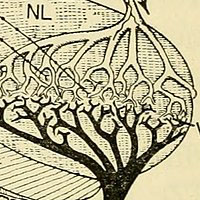
Course • Biology • 4 lectures
Animal Coordination and Control – Edexcel GCSE (1BI0): Higher Tier
Dr Matthew Ivory, Cardiff University 4 Lessons
4 Lessons
Animal Coordination and Control – Edexcel GCSE (1BI0): Higher Tier
Dr Matthew IvoryCardiff University

Course • Geography • 7 lectures
Transnational Corporations (TNCs)
Dr Crispian Fuller, Cardiff University 7 Lessons
7 Lessons
Transnational Corporations (TNCs)
Dr Crispian FullerCardiff University
